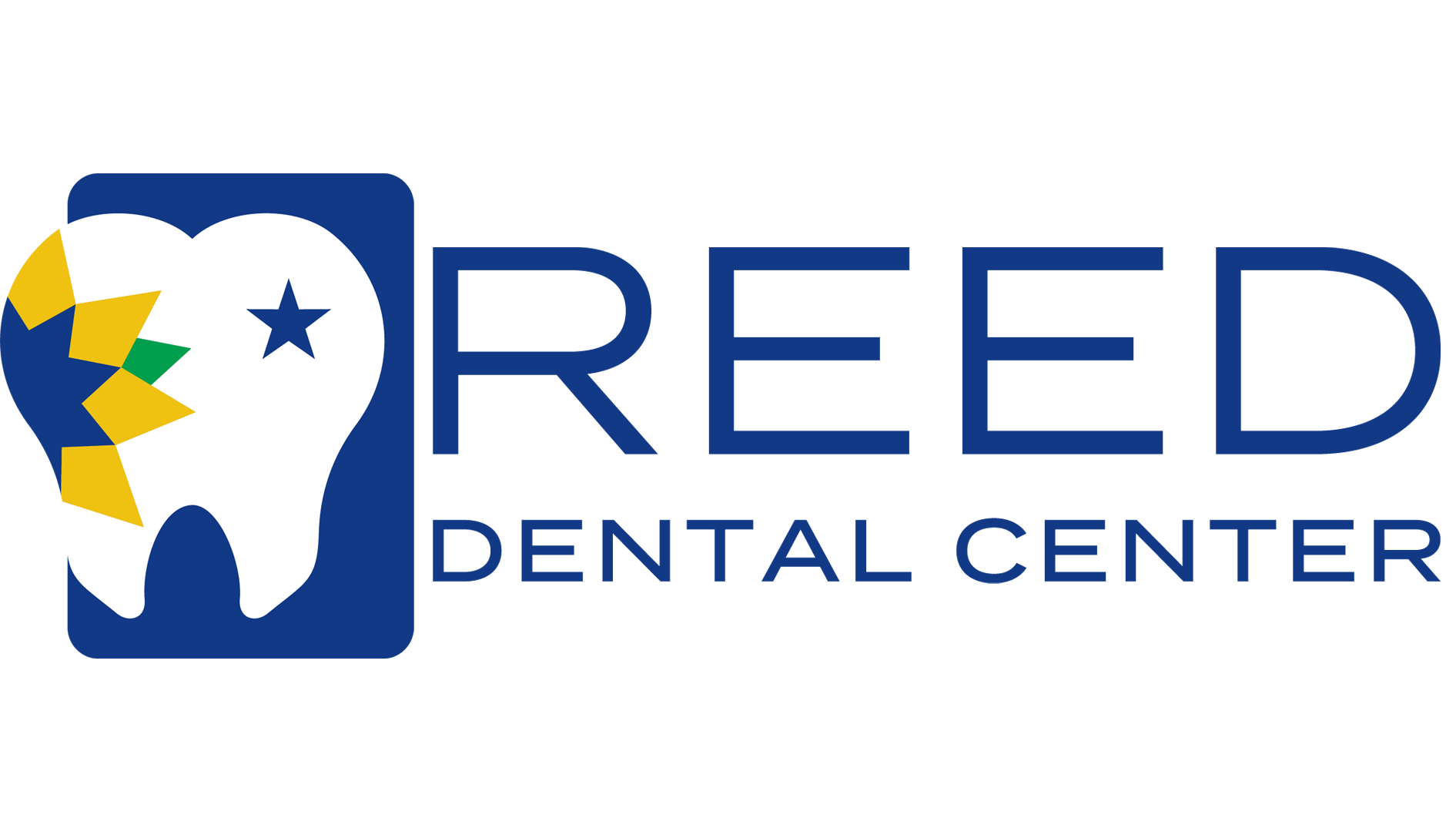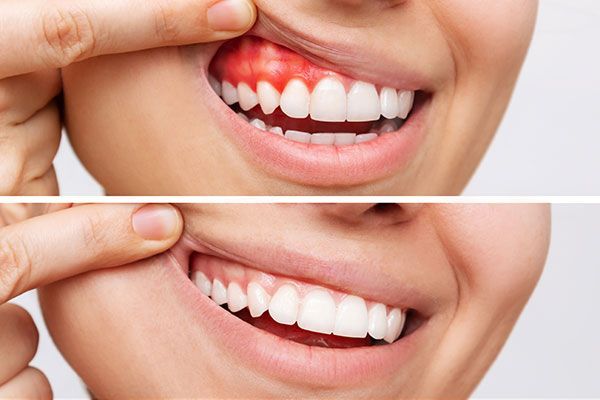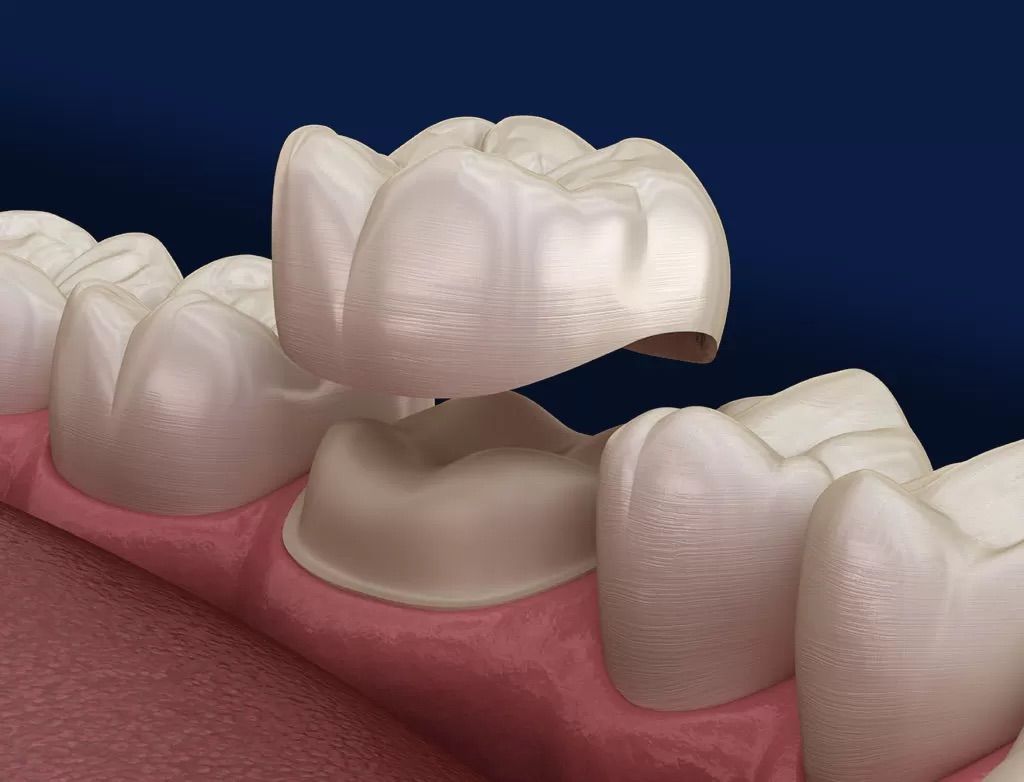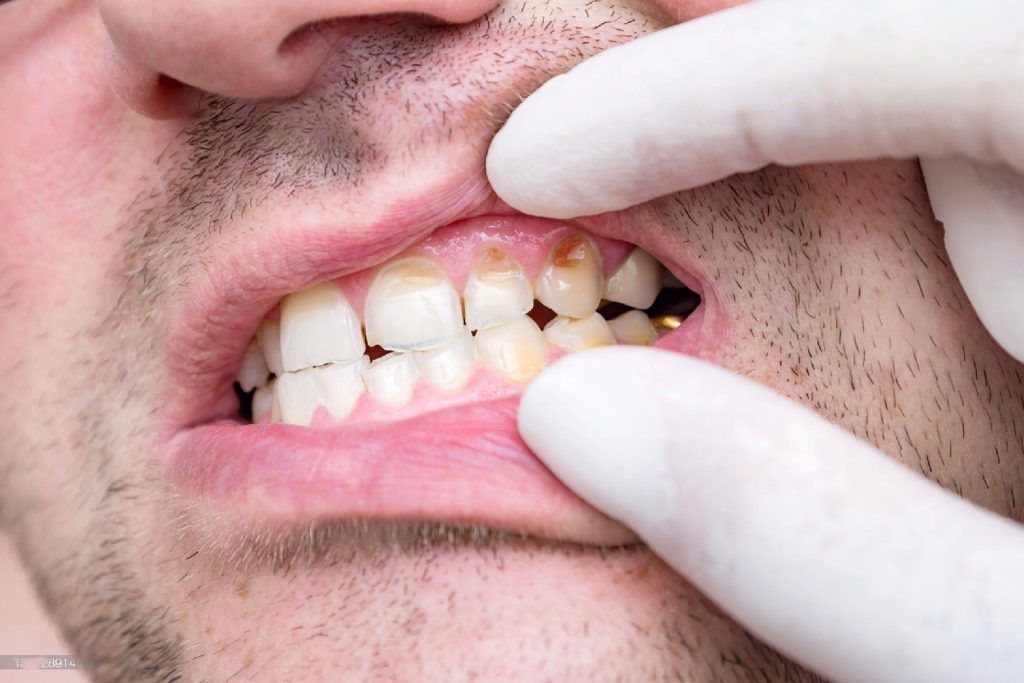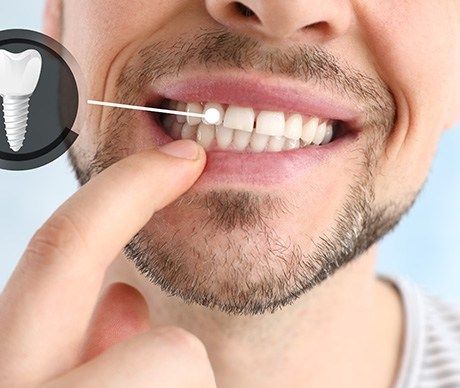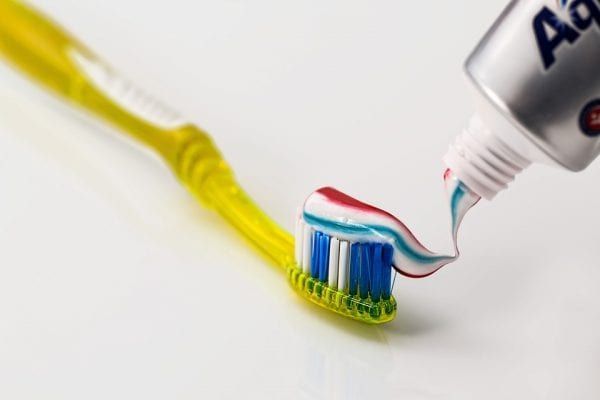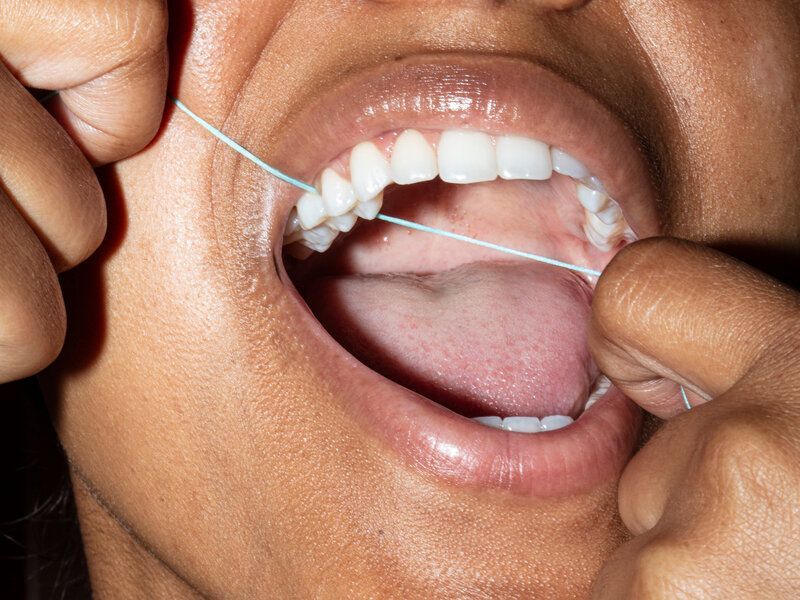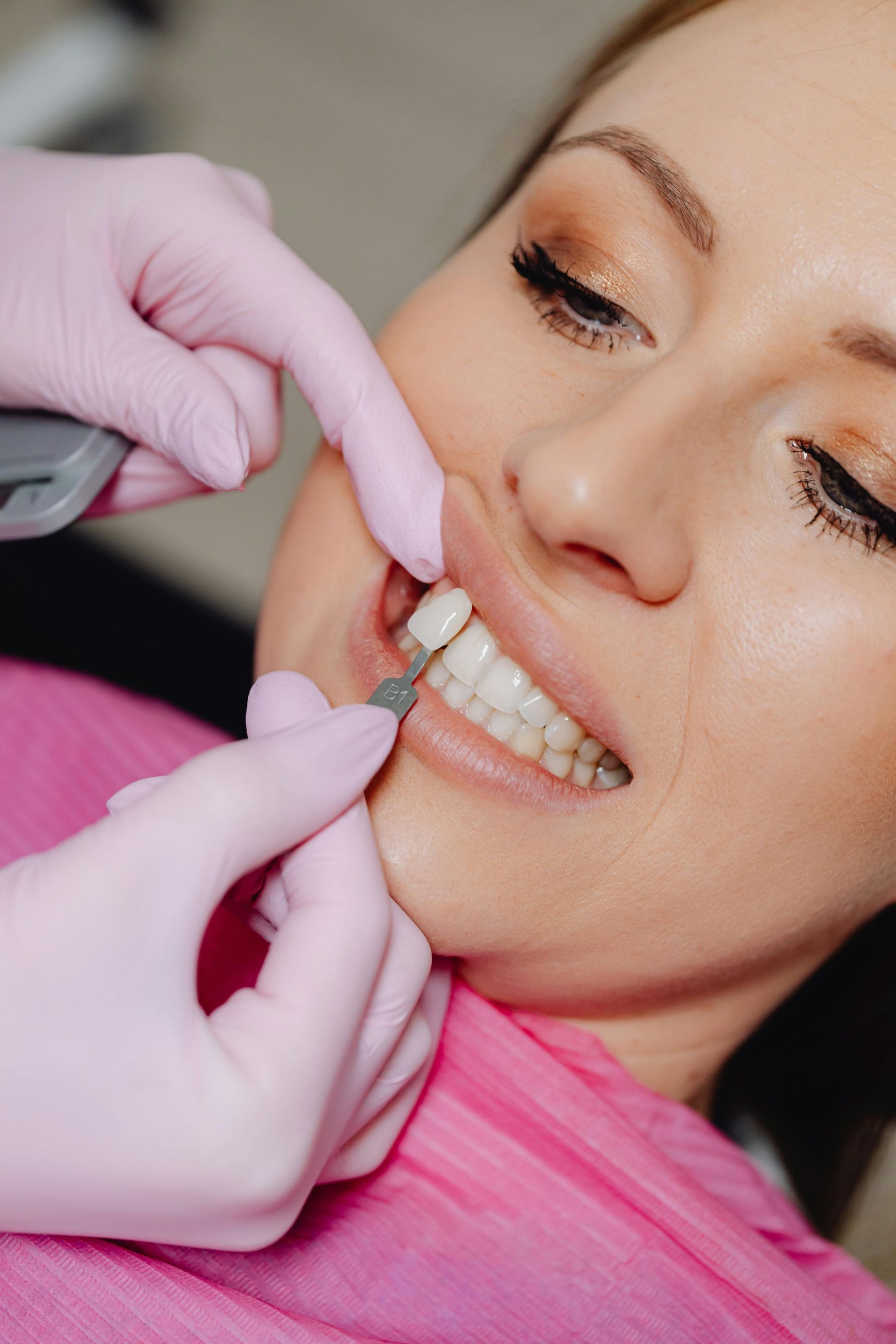Are You Wearing Your Teeth Down?
Grinding teeth down is a slow process with serious effects, but can be prevented!
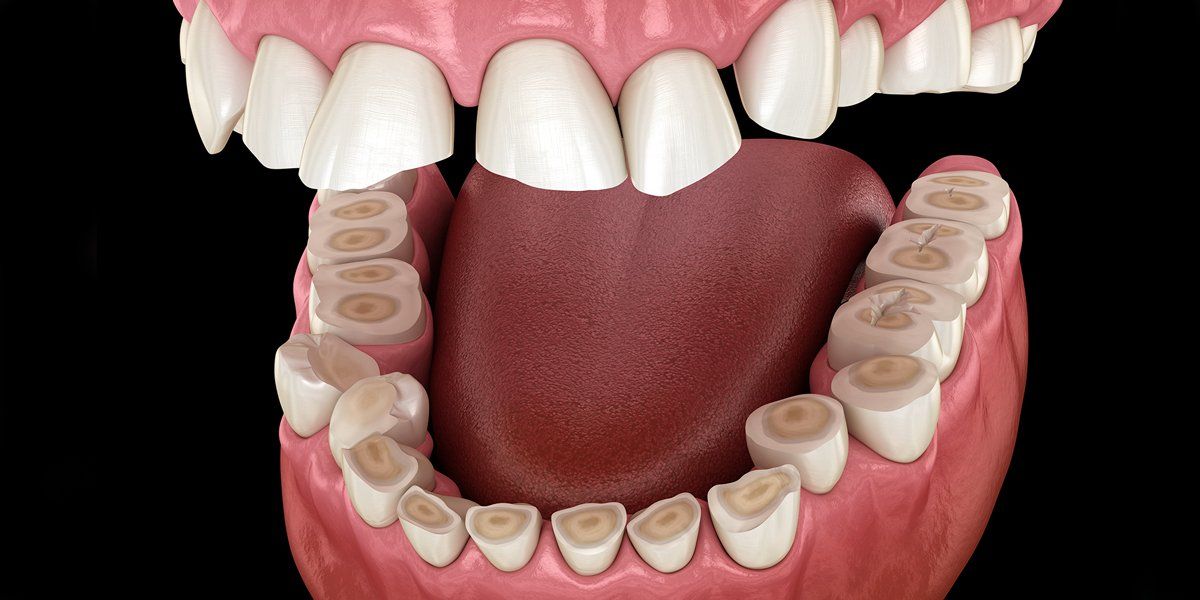
Have you ever noticed a sharp edge to your teeth? Have you been catching your tongue or your cheek between your teeth more frequently than before? Have you looked in the mirror and thought that your teeth look shorter? These are all symptoms of bruxism, a condition of grinding or clenching your teeth.
Grinding or clenching your teeth may not seem like an issue, but over time it can become something that significantly impacts your oral health and smile. It takes a long time for a person to grind their teeth down so it is very easy to think it's not a problem until there has been significant damage. The goal of any dentist is to prevent this damage from developing.
As dentists, we are trained to pick up on early signs and symptoms of grinding. When we notice these patterns in a patient's teeth it is recommended that an occlusal guard, more commonly referred to as a nightguard, be worm to prevent your teeth wearing on each other. Although they are commonly referred to as nightguards grinding can happen both during the day or at night. Typically, people will grind during the night as they sleep and are unaware it is even a habit, but others will clench their teeth while they are awake during the day. Regardless of when you are grinding, stopping the habit is important to protect your teeth.
Effects of grinding/clenching:
- Teeth that are flattened, fractured, chipped or loose
- Worn tooth enamel, exposing deeper layers of your tooth
- Increased tooth pain or sensitivity
- Tired or tight jaw muscles, or a locked jaw that won't open or close completely
- Jaw, neck or face pain or soreness
- Pain that feels like an earache, though it's actually not a problem with your ear
- Dull headache starting in the temples
- Damage from chewing on the inside of your cheek
- Sleep disruption
